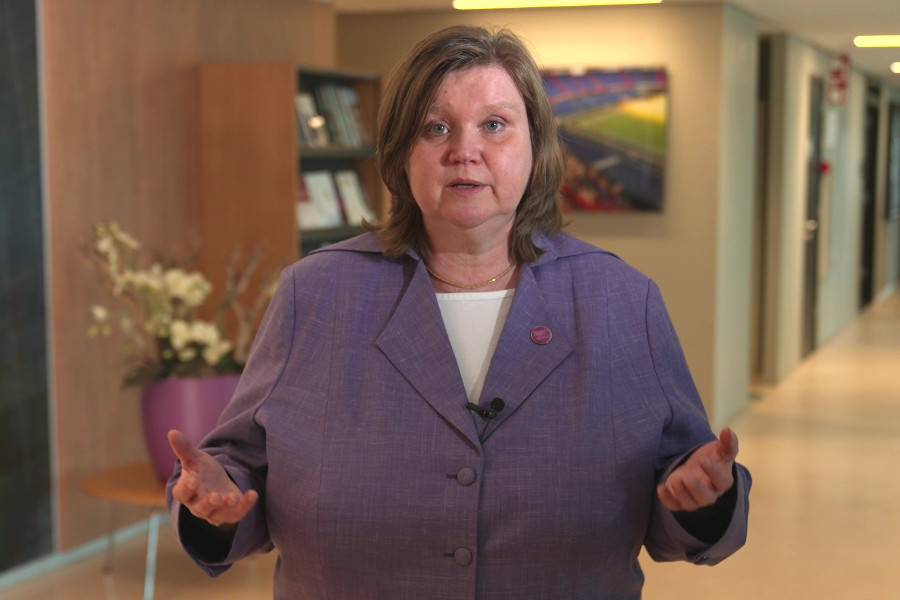
The innovative nature of big data slows down its uptake. How to get things back on track?
The Erasmus University’s studied the uptake of big data technologies in healthcare within the BigMedilytics project. For this reason, interviews with external stakeholders on European, national, and healthcare organizational levels were held, as well as with the pilot project leaders and the twelve project teams.
Based on these data, causal models were developed, a visualization of how actors and factors influence each other in the field of big data healthcare, in this case. A causal model is an instrument to understand how self-enforcing patterns can be broken and how this can change things and when and how to intervene in order to overcome hurdles.
In a new video released about the lessons learned in the framework of the project, Dr. Anne Marie Weggelaar-Jansen of the Erasmus School of Health Policy & Management, presents a causal model that explains how the innovative nature of big data is slowing down the uptake of big data in this kind of projects. The video describes how funding schemes can accommodate the development and employment of big data technologies and how to get things back on track.
Three lessons can be learned from the BigMedilytics project:
- Grant proposals require healthcare professionals and data scientists to overstate the deliverables of Big data projects.
- Grant proposals offer few room to describe the work that needs to be done to develop and employ big data technologies.
In big data projects must be room to adapt the aims and the plan to develop and employ big data technologies as practices can change over time.

